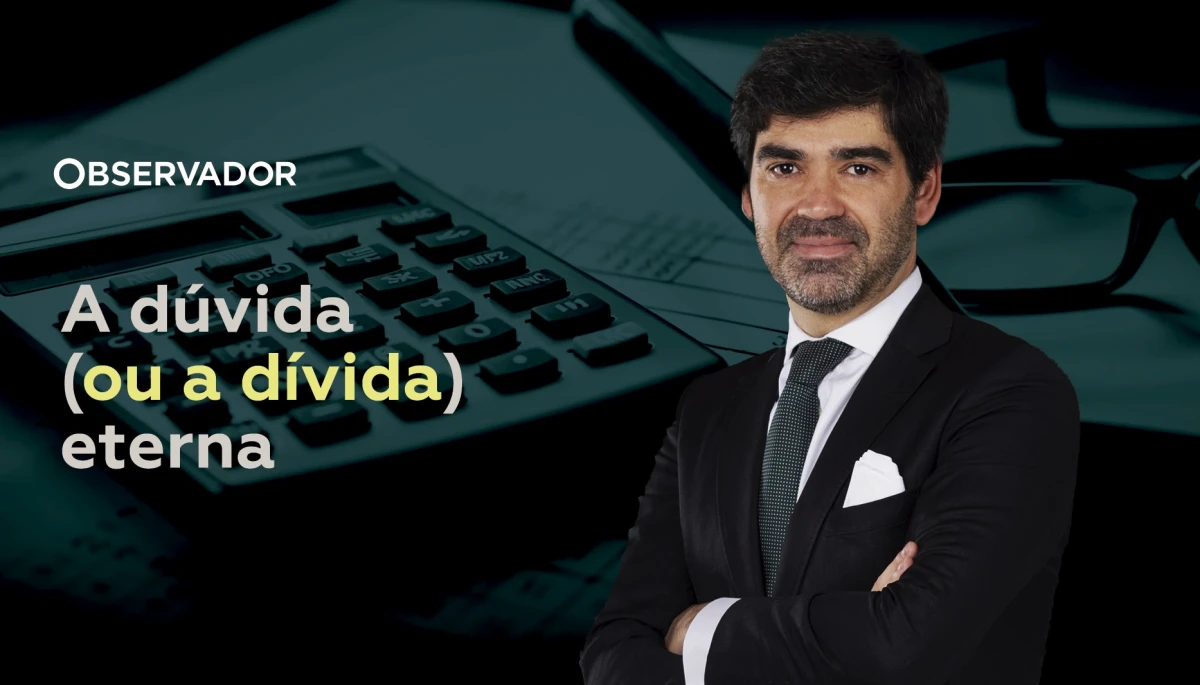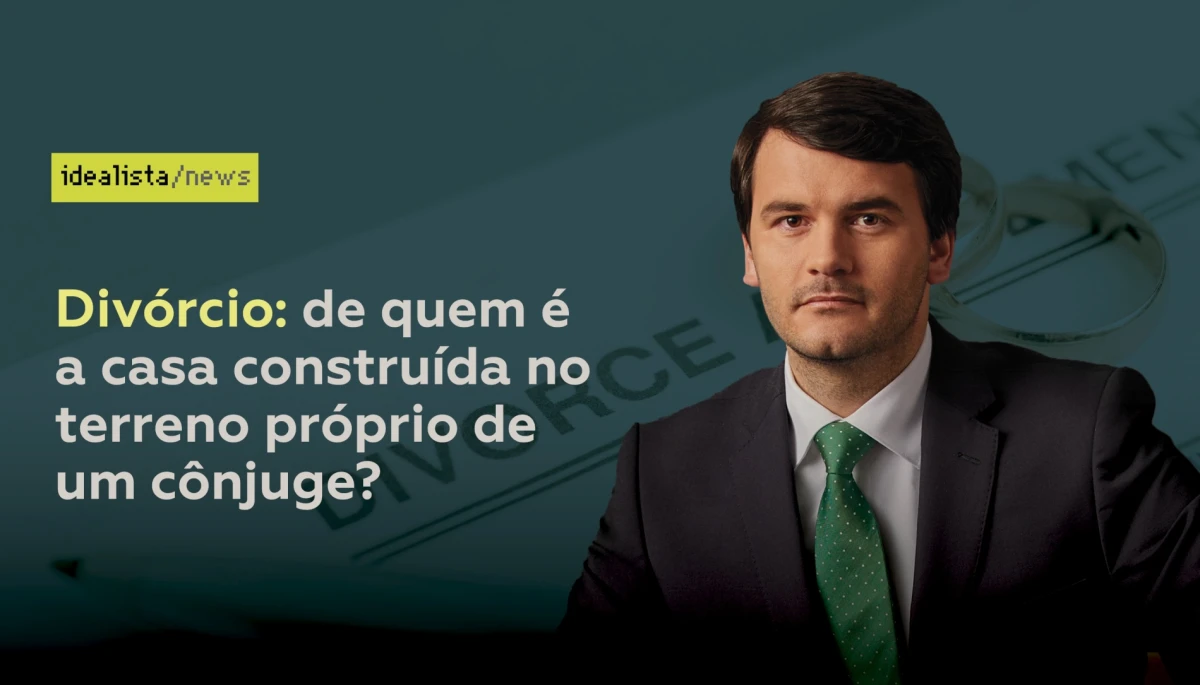In this permanent (and legitimate, let’s say without undue drama) tension between taxpayers and the Tax Authority (AT), there has always been a peaceful understanding that neither side should live in eternal doubt.
After all, while it is true that the AT can audit taxpayers and make corrections to their tax returns and assessments, it is equally true that this power has a limit—one that the legislator has generally set at 4 years (even though this deadline has seen its share of twists, exceptions, interruptions, and suspensions).
At the turn of each year, there was a justified sigh of relief. Whatever the outcome, taxes determined four years ago (whether initiated by the taxpayer or by the AT) bowed to the longed-for "legal certainty", no longer subject to corrections or official assessments.
With the arrival, like a "hurricane", of the pompously named operations (I suspect the idea of naming storms was born in the public prosecutors’ offices and AT’s finance directorates), that old notion of legal certainty (technically represented by the expiration of the right to assess tax and, likewise, by prescription) became more of an ideal than an actual limit or constraint. For the AT (now under the guise of a criminal police body), tax collection gained a new horizon—one nearly out of sight—and with no special formalities to observe.
Where traditionally there had to be an audit process, a report preceded by the taxpayer’s hearing, an assessment with a payment deadline and a right to challenge (all within a maximum of 4 years from the facts), now a mere indication is often enough—one that is elusive and imperceptible—citing “facts” and “grounds” lost in the memory of more than 8, 9, or 10 years, and always dressed up as crime and threat. If the plan also includes a search (sometimes repeated and entirely fruitless) “inadvertently” publicized, the trap is set—one no taxpayer will be able to escape. Whether it’s the “truth” or a “mistake”, the narrative prevails, with all the details and dramatic language, and that old legal certainty, after all, no longer applies (at least in the relationship between the taxpayer and the AT).
This reflection comes in light of a judgment by the Spanish Supreme Court, handed down on January 7, 2025. From Spain, not Portugal, we know—but just like here, there are taxpayers and a tax authority. There are tax procedures and criminal investigations. So there is a relationship and tension. And, apparently, the same problem is being experienced: the same doubt and the same insecurity.
What did the aforementioned ruling by the Spanish Supreme Court bring us? In a loose translation, I highlight two very simple ideas.
First: that allowing the tax authority to act even beyond the legal period that limits its power of verification, investigation, and sanction is a paradigmatic example of the violation of constitutional principles and fundamental rights—such as the principles of legality, legal certainty, and, evidently, the right to a trial with full guarantees.
Second: that the rules intended to establish the conditions under which administrative activity related to investigation, verification, and enforcement of a tax debt is legitimate cannot be interpreted so flexibly as to reinforce the sanctioning power beyond the period the legislator expressly intended to grant to the Tax Administration.





